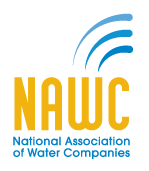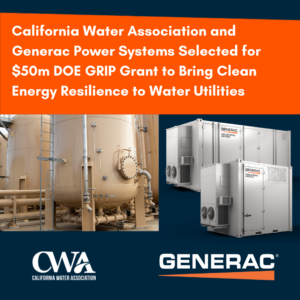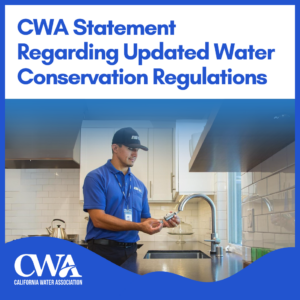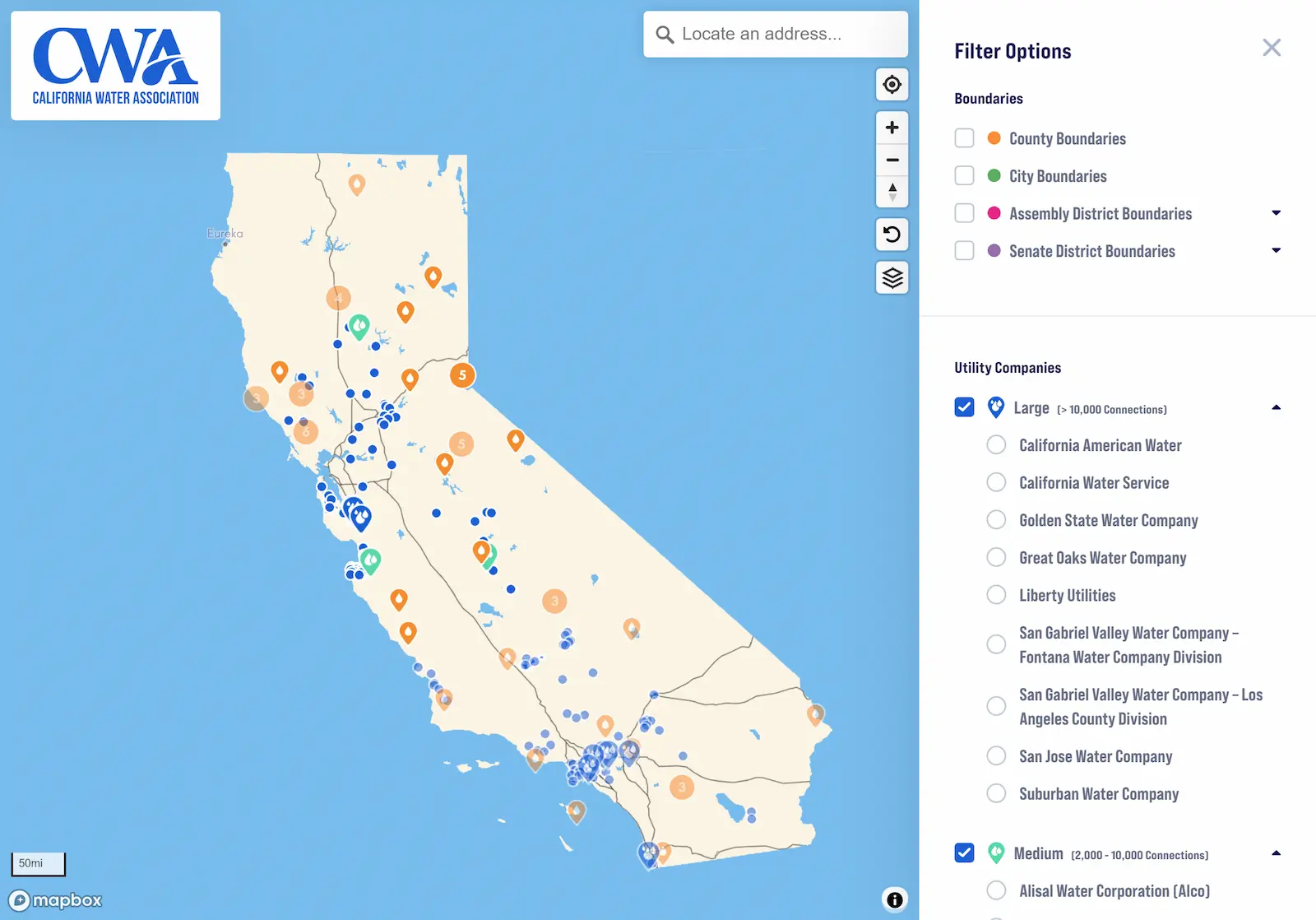The National Association of Water Companies (NAWC) commissioned a study by The Brattle Group, an independent, global consulting firm, to explore new methods of overseeing and financing the regulated water utility industry. NAWC member companies and members of the Regulatory Law & Rates Committee were instrumental in the data collection effort for this report. In the study titled, “Alternative Regulation and Ratemaking Approaches for Water Companies: Supporting the Capital Investment Needs of the 21st Century,” The Brattle Group highlighted various mechanisms and policies designed to lessen regulatory lag.
The report indicates the water industry has made considerable progress recently in innovative ways to recover capital investments in distribution systems. The two most notable areas include the Distribution System Investment Charge (DSIC) for water and wastewater systems and implementing future test-year models instead of ratemaking based on historic costs. In 1997, DSIC was first implemented in Pennsylvania and allows for rate increases, outside of a general rate proceeding, for non-revenue producing investments to replace aging infrastructure. That program has operated for nearly 10 years with no known customer complaints. Research indicates utilities operating under future test years realize higher returns on capital and have credit ratings that are materially better than those operating under historical test years.
National water leaders point to perhaps the most significant finding in the recently released study, which is that electricity and natural gas delivery industries have in place a greater number and variety of alternative regulation policies compared to the water industry. For example, electricity and natural gas utilities have more than five times the number of mechanisms in place to stabilize revenue by adjusting base revenues without addressing costs between rate cases. Similarly, other industries have access to almost nine times as many comprehensive alternative ratemaking and timely recovery methods as do water providers. Even in the area of capital expenditures, water utilities have fewer options than both the natural gas and electricity industries.
Looking forward, NAWC and its member companies will use key data from the report to explain the water industry’s biggest regulatory challenges to policymakers and government regulators. Water industry leaders are encouraged by the progress made in the areas of DSIC and future test years, as they look to further the dialogue around alternative regulation and equal treatment of regulated water utilities based on The Brattle Group’s independent study.





